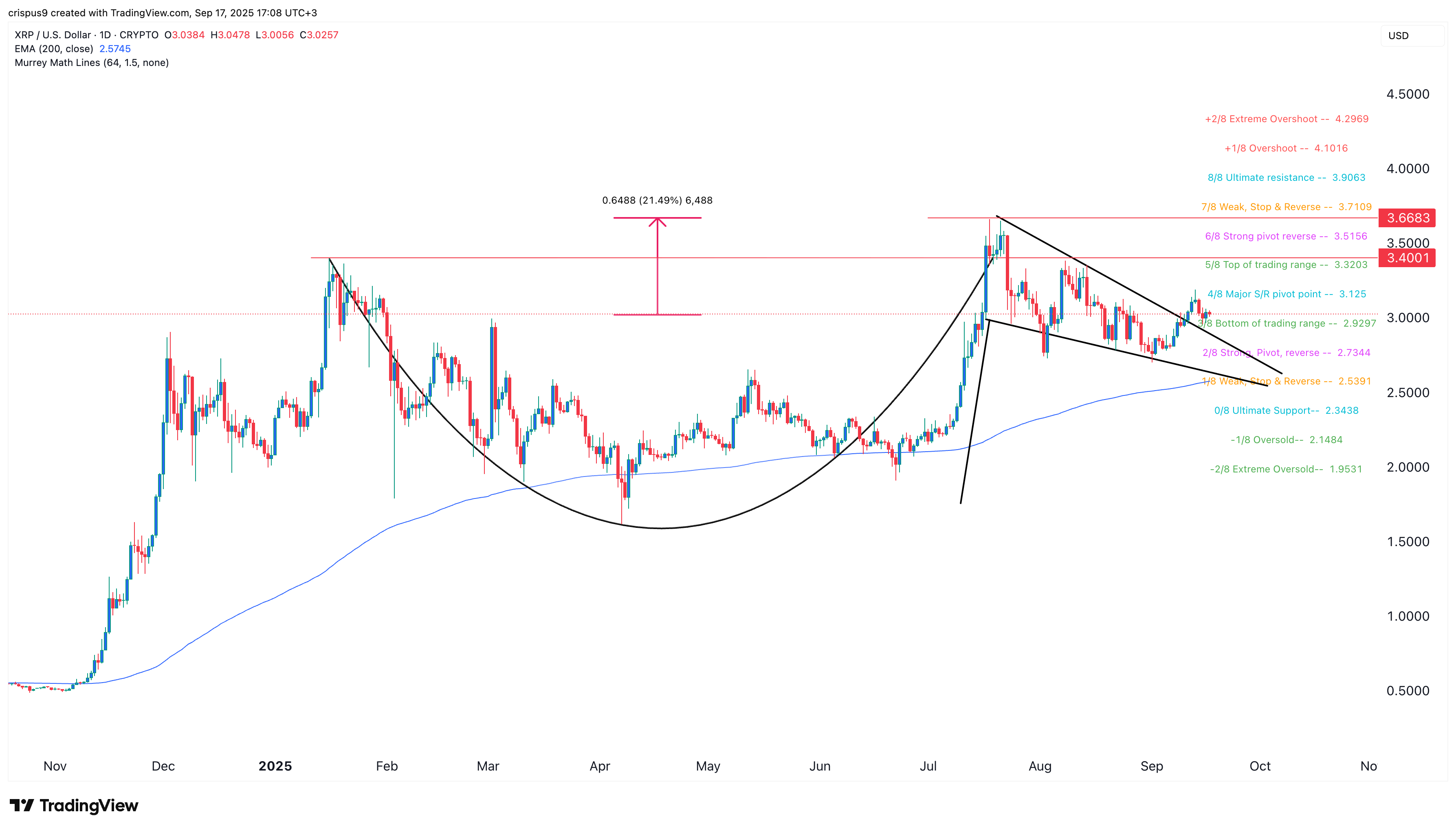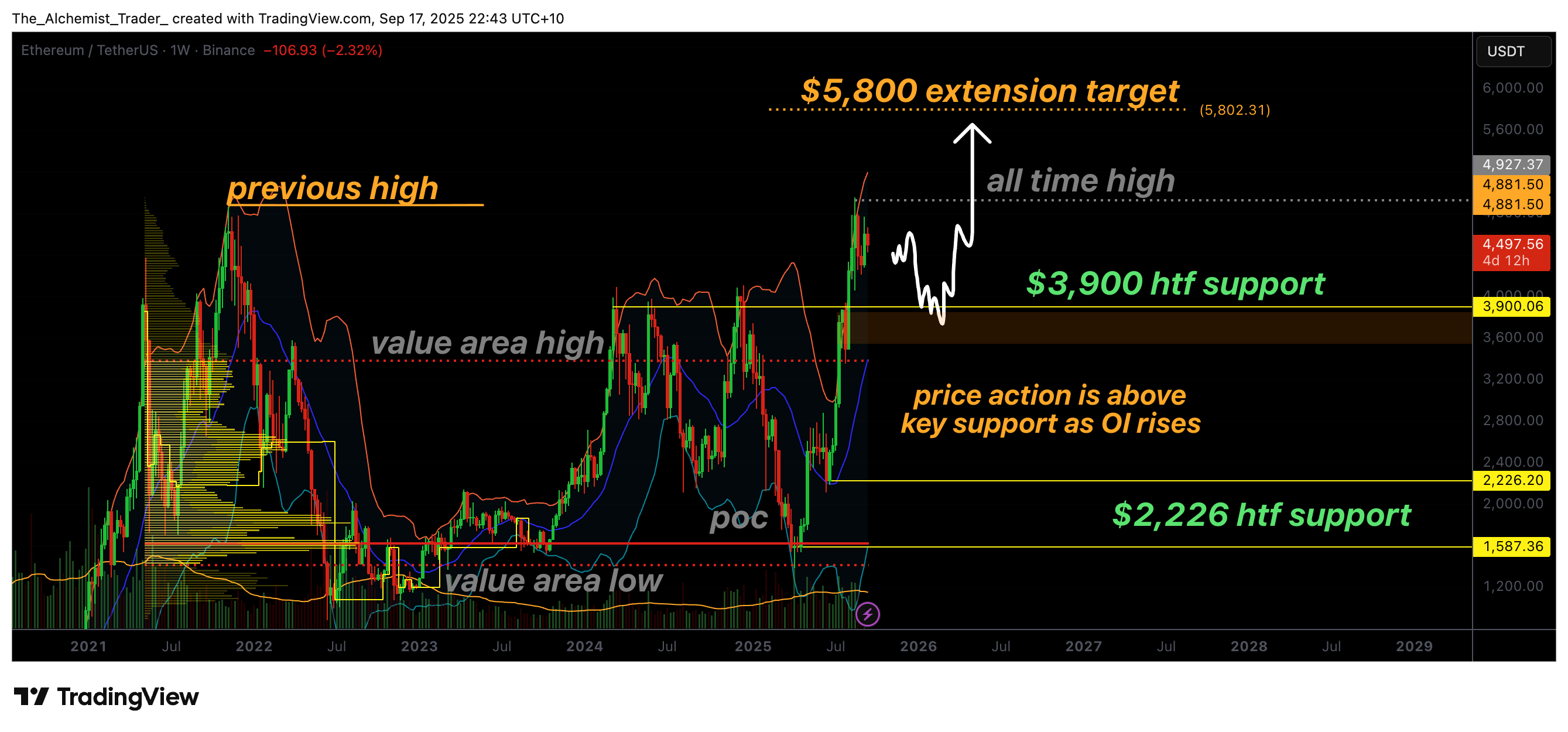BoE exec warns of stability risks from shift to private settlement assets

Bank of England warns that failure to modernize central bank money could shift wholesale settlements to private assets, potentially risking financial stability.
A Bank of England executive warns that failing to adapt central bank money to emerging technologies could push wholesale settlements to private assets, threatening financial stability and undermining trust in state-backed currency.
Speaking at Digital Assets Week in London, the Bank of England’s executive director for financial market infrastructure, Sasha Mills, warned that without adapting to technologies like tokenized assets and programmable ledgers, high-value settlement activity could migrate from central bank money to private assets such as stablecoins, undermining the financial system’s stability.
“We have a low-risk appetite for a significant shift away from wholesale settlement in central bank money towards private settlement assets (such as from the use of stablecoins for wholesale transactions), because settlement in central bank money is the anchor back to the state.”
Sasha Mills
Balancing between innovations and risks
Mills also outlined the central bank’s ongoing efforts to modernize its infrastructure to support these innovations, emphasizing the importance of the newly launched Digital Securities Sandbox, an initiative with the Financial Conduct Authority aimed at testing new technologies in a regulated environment.
Nonetheless, she pointed out that the application of programmable ledgers in finance is “still relatively new,” which is why implementing it in critical financial markets “could be risky.” To mitigate such risks, the Bank of England decided to develop the Digital Securities Sandbox in several stages, with “limits that adjust as firms meet higher standards of resilience,” Mills emphasized.
Mills also noted that the central bank is exploring how central bank money could interact with programmable ledgers through a potential wholesale central bank digital currency. As part of this initiative, the Bank of England plans to conduct a series of trials using distributed ledger technology to evaluate their role in the evolving payments landscape.
To remain competitive globally, the Bank intends to test different use cases, functionalities, and designs for wCBDCs and their integration. Although no specific timeline has been provided, the Bank is seeking public feedback on its approach, with responses due by the end of October.




